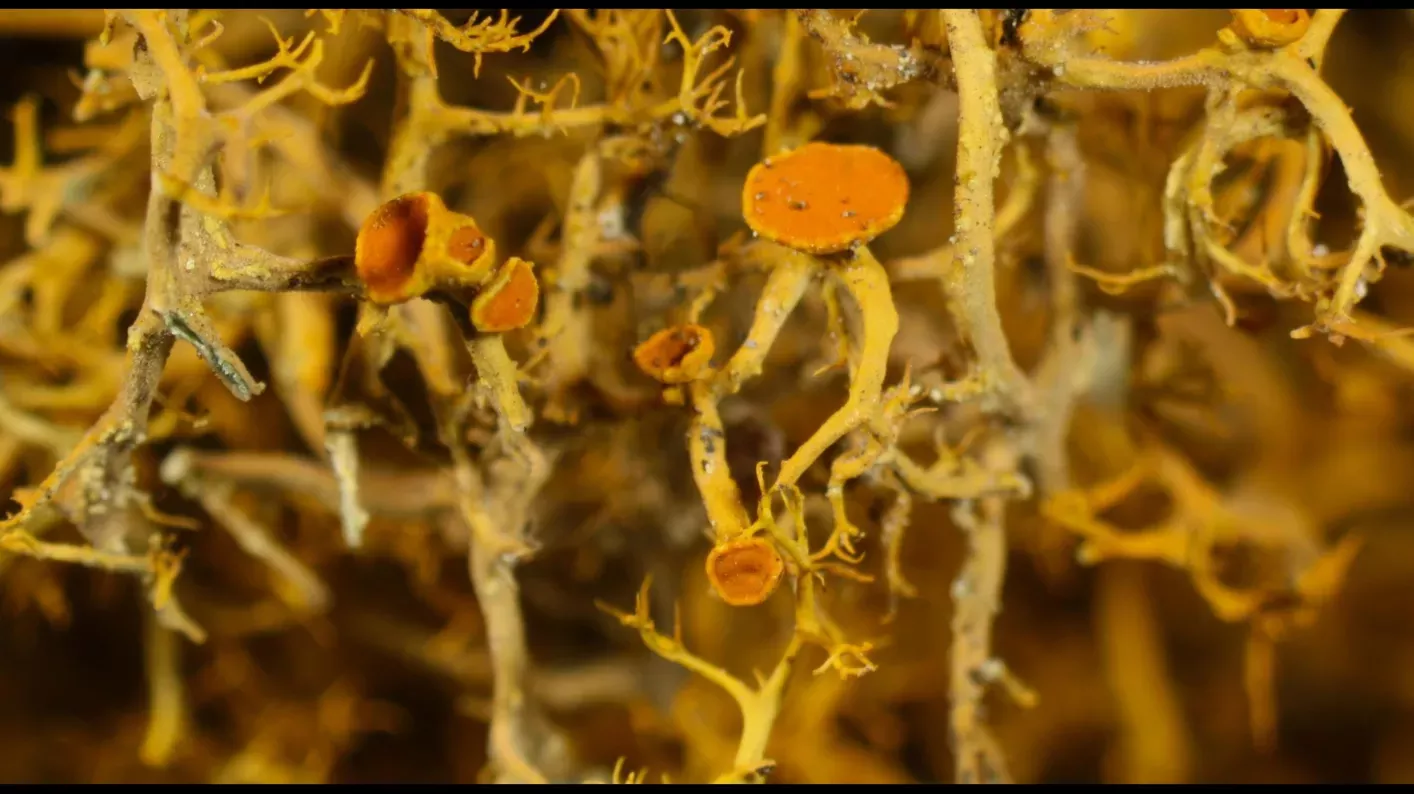
Boyacá’s Forgotten Kingdom
This project is designed to explore the diversity of the Kingdom Fungi in Boyacá, Colombia.
Forgotten Kingdom
Colombia is known to be one of the most biodiverse countries in the world. Nevertheless, the current knowledge on inventory and monitoring of biodiversity and ecosystems does not fully reflect this richness, being incomplete in certain regions. Counteracting this situation, the nation-wide ‘Colombia Bio’ programme has been recently established by the Colombian government with the main aim of making sustainable economic use of Colombia’s biodiversity resources. This programme offers a unique opportunity for Kew and partner organisations in Colombia to undertake primary research on biodiversity and ecosystem services in parts of the country as yet completely unexplored. The ambition of this exploratory research is to enable long-term plans for the conservation and sustainable use of Colombia’s natural capital to be established.
Kew Science will be involved in a significant number of research projects over the next 4–5 years (from 2017) under the umbrella of the Colombia Bio programme
The primary aim of the overarching Colombia Bio programme is: “to know, value, conserve and sustainably use biodiversity in the country, contributing to sustainable and socially inclusive development. A view on biodiversity is proposed from the current changing context, in which there are variables such as climate change, food crisis, deforestation and a temporary situation where the country seeks peace and with this, the recovery of large territories which for years could not be explored.”
To this end, the programme consists of five elements; the first three involve primary research which Kew will contribute to. The programme covers:
So far 7 of the 32 regional governments, working with the national government’s Administrative Department for Science, Technology and Innovation (Colciencias) have committed funds for a range of anticipated Colombia Bio projects, from scientific expeditions to the creation of science centres, the development of eco-tourism, and R&D into biotech and agribusiness innovations. The regions are Bolívar, Boyacá, Cundinamarca, Meta, Nariño, Risaralda, and San Andrés. Of those, Boyacá, Nariño and Cundinamarca have already initiated their regional Colombia-Bio programmes.
Within the Colombia Bio programme, a UK-Colombian match-funding partnership between Colciencias and UK BEIS will be supporting a number of bi-national projects over the next five years, with delivery organisations in both countries working together on each project to facilitate training/capacity building.
While some of the seven regions are yet to confirm the nature of the Colombia Bio projects that they will want support on, Kew is already acting as the delivery partner working alongside a number of UK and Colombian institutions for two of the regional-level initiatives recently launched – “Biodiversity Expeditions” in Boyacá and “Scientific Eco-Tourism: Social Innovation in the Nature Reserve of La Planada” in Nariño. Within these two initiatives, Kew will be working on a range of projects as detailed below. Information on Kew’s involvement in each new regional bio-economy initiative and the relevant projects will be updated here as each are launched.
UK Department for Business, Energy & Industrial Strategy (BEIS) / Official Development Assistance (ODA)
Newton Fund
Colombian partners are being funded by regional governments through the national royalties’ system, and by the Administrative Department of Science, Technology and Innovation of Colombia (Colciencias)
The Boyacá focused projects will provide the following outputs and outcomes:

This project is designed to explore the diversity of the Kingdom Fungi in Boyacá, Colombia.
Forgotten Kingdom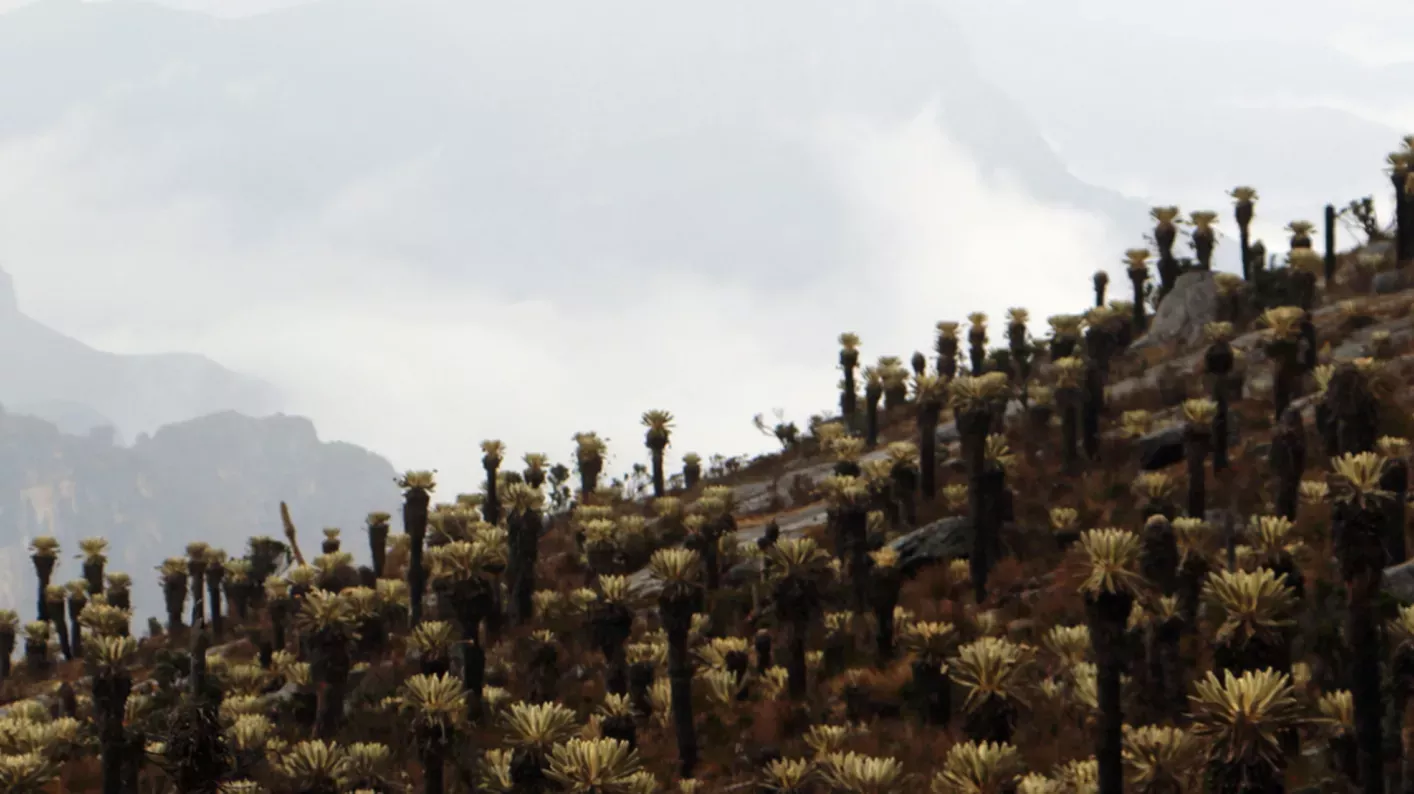
Assessing the impact of climate change on important plants for the ecosystem services of the páramos of Boyacá, one of 32 regions in Colombia.
Páramo Plants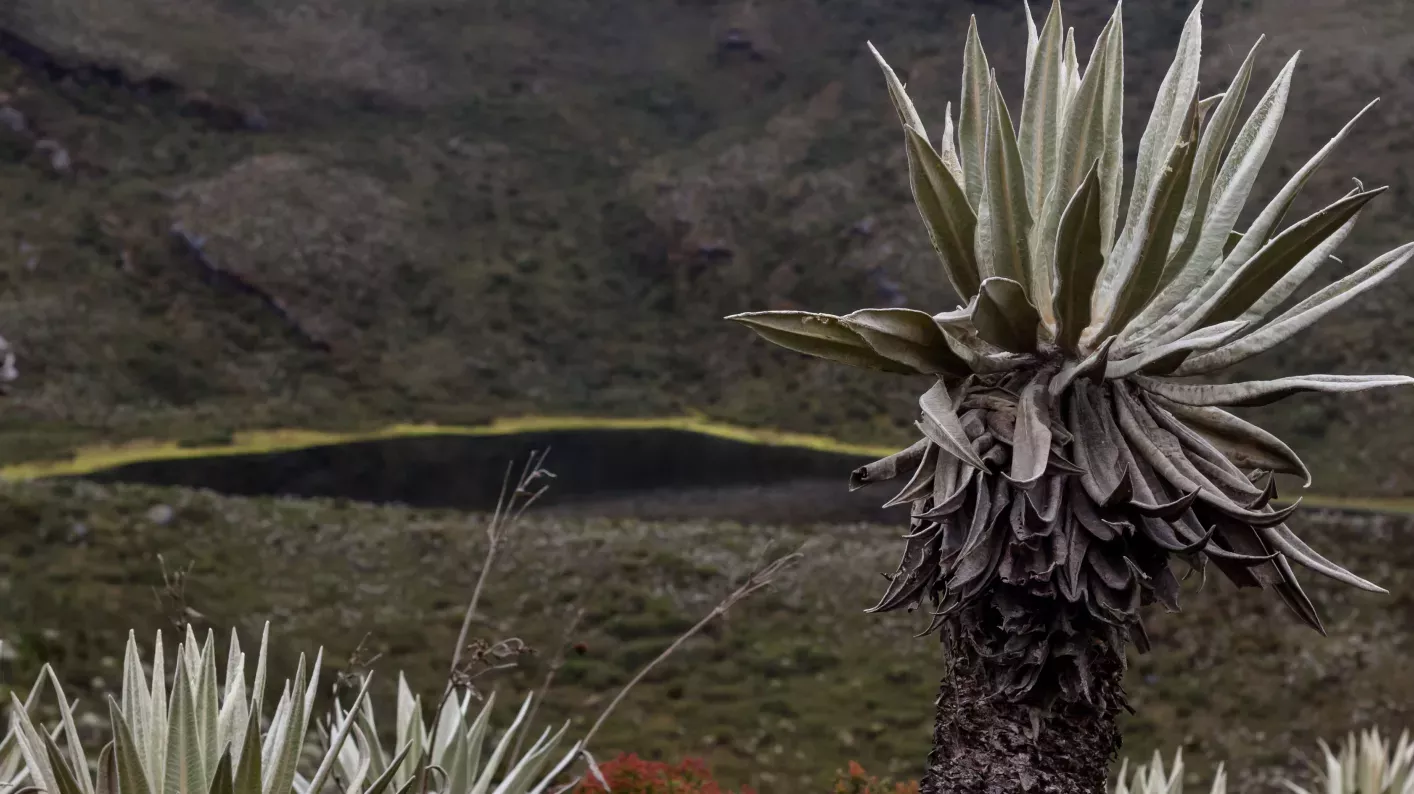
This work will build the expertise and capacity for conservation seed-banking in Colombia, with the initial focus on Boyacá flora within the Páramo biome.
Boyacá Seed Bank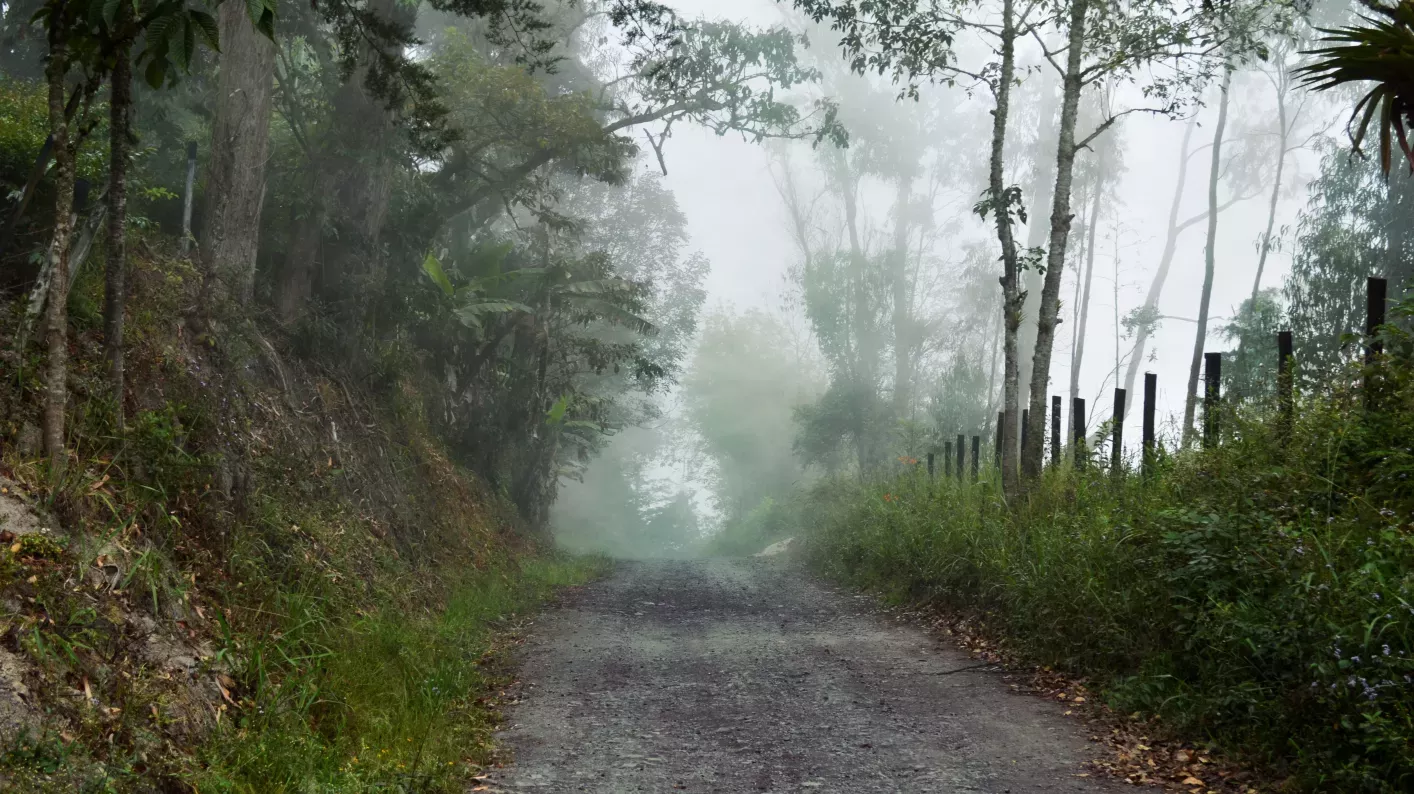
This project is developing a prioritised list of useful plant species for the Boyacá region of Colombia to benefit a broad spectrum of users.
Boyacá’s Useful Plants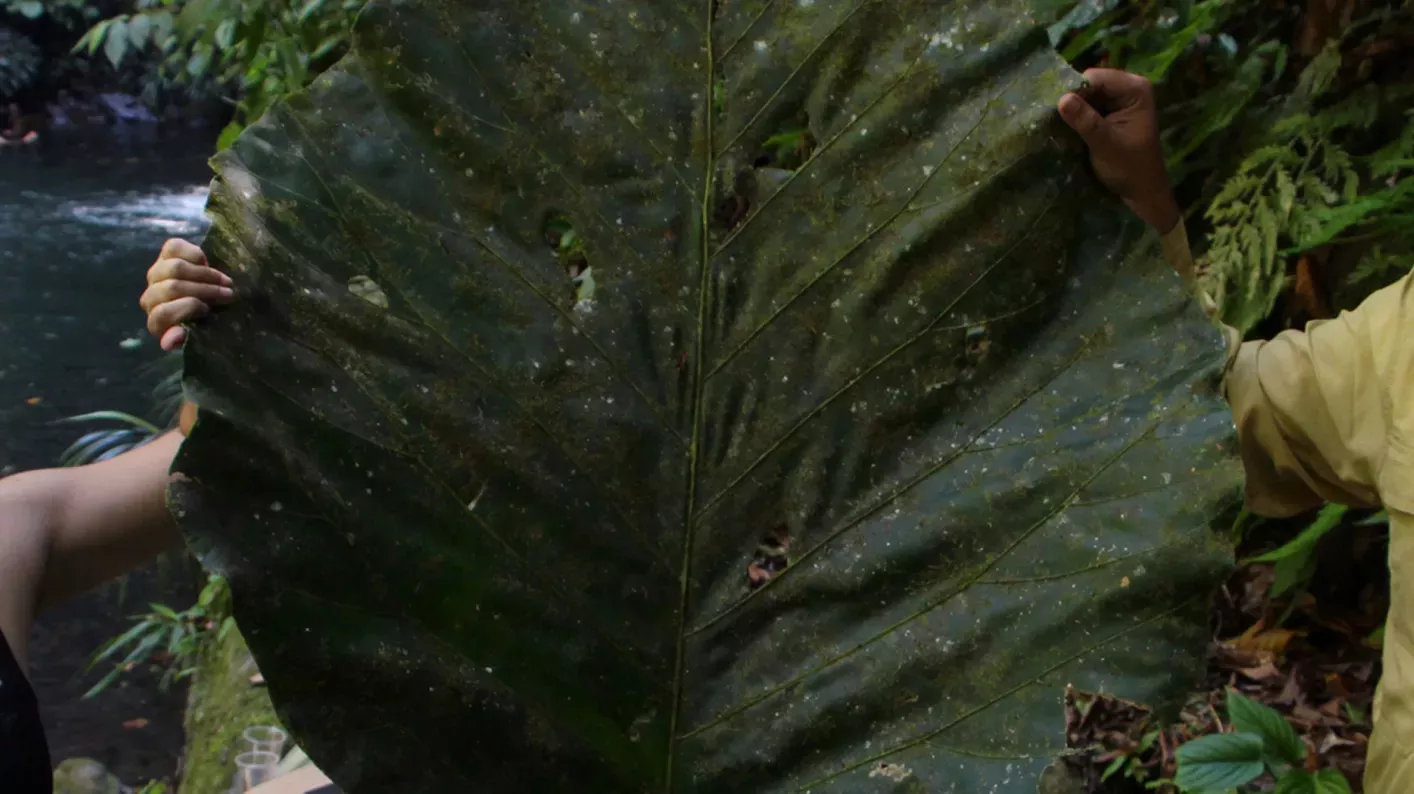
Building a artnership with Colombian colleagues to create an annotated checklist of the Myrtaceae and Fabaceae of Boyacá, Colombia.
checklist of selected families of Boyacá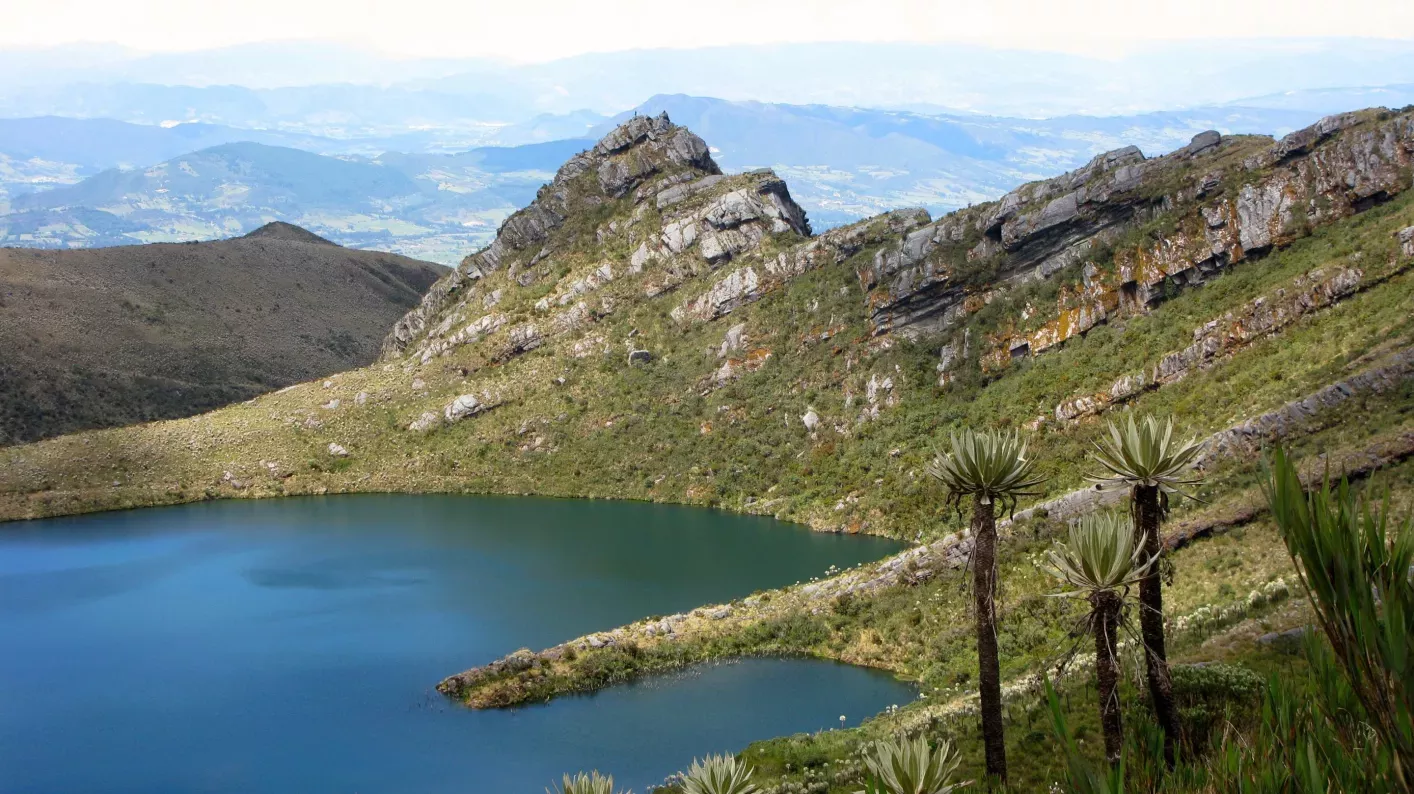
This research, combined with capacity building, will improve baseline knowledge on the grasses of Boyacá, Colombia, their ecology and conservation, and will enable future development of grass and páramo research in Boyacá.
Páramo grasslands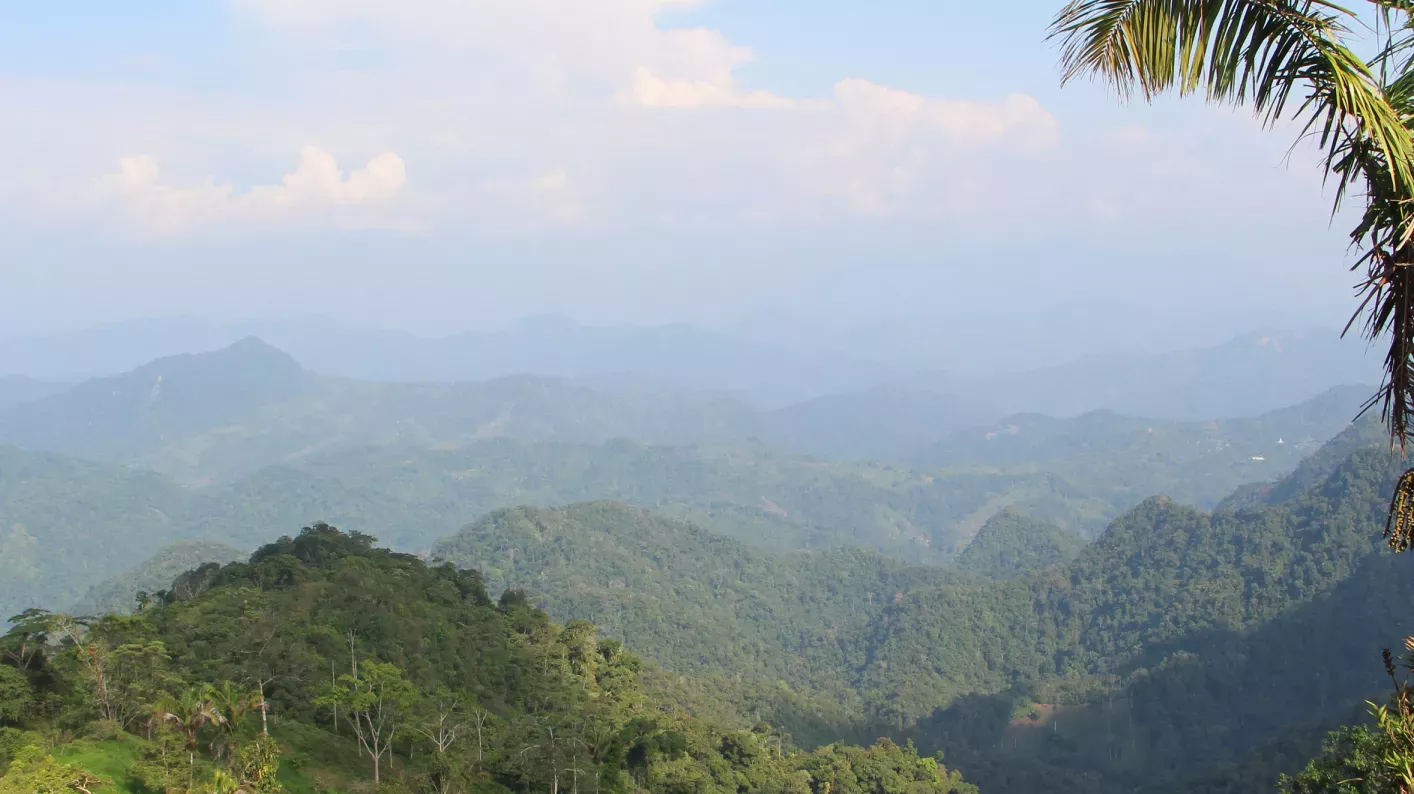
Understanding Colombia’s useful plants and fungi to improve people’s livelihoods, reducing inequality and gender gap by boosting its bioeconomy through the sustainable use of its biodiversity.
Useful plants and fungiDiazgranados M. et al. (2019)
The Royal Botanic Gardens, Kew and the Royal Botanic Garden Edinburgh are working together to improve knowledge of Colombia’s flora and its uses, and make this information more widely available. A critical element is a Kew-led project to make information on the rich diversity of Colombian flowering plant species available through a single online portal: ColPlantA.
#KewColombiaBioBoyaca
#KewColombiaBio
UK and Colombia agree new £20 million bioeconomy research programme
New Colombian plant discovered honors Colombian president